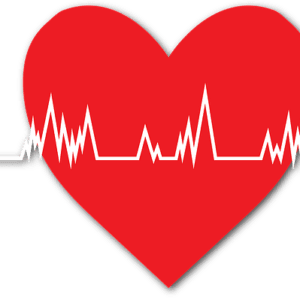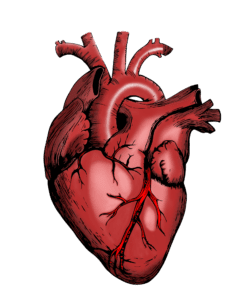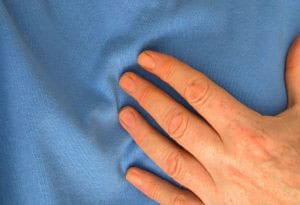Instead of transplanting a heart that has been cooled and stopped, the new technique, at times referred to as “heart in a box”, creates a scenario where the heart that is donated is kept alive and imbued with oxygenated blood outside the body thus reducing the amount of time the heart is without blood. This is known as ischemic time.
The Goal was to Increase the Number of Donor Hearts
As reported by Science.org, surgeons at NYU Langone tested a new technique in January 2020. The intent was to increase the number of hearts available for transplantation.
The subject was a man who did not show brain activity and appeared to have no hope of regaining consciousness. His family made the difficult decision to remove life support and stop his heart.
Doctors pumped oxygen rich blood through the man’s body and his heart once again began to beat. The donor heart was in good condition and could be transplanted into a patient who was in desperate need of a functioning organ.
The Ethical Debate
The case is open to debate. Some critics argue that restarting the heart blurs the definition of death. The answer may be found in new technologies from two separate institutions.
The first possible solution allows surgeons to reanimate the heart on a surgical table while the second potential solution replenishes the heart within the chest of the donor.
The two new techniques were presented this week in studies published in the NEJM. The pair has the potential to save thousands of individuals in the U.S. currently waiting for heart transplants.
Dr. Paul Tang, Mayo Clinic transplant surgeon who was not involved in the research, commented that the innovations are exciting as they eliminated many ethical concerns.
Transplant Alternatives
- Organ Donors: donors who are declared brain dead.
- Donation After Circulatory Death: Removing life support
- Reanimating pediatric hearts
- Resuscitating the adult heart
- Recovery with extended ultra oxygenated preservation (REUP, the new technique)
The new technique succeeded in three trial cases conducted by the team. The recipients have recovered without any signs of rejection according to Dr. Shah, VUMC cardiac chief. However, a major concern is that the heart may sustain injury during the dying process.
NYU’s bioethicist Brenda Parent focuses on organ donations and the ethics of transplants. Brenda believes that additional research is needed to determine whether blood flows to the brain.







